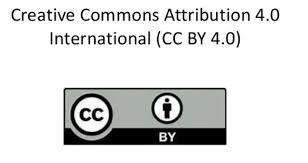Assessment of risk attitudes of smallholder farmers in south-west, Nigeria
DOI:
https://doi.org/10.47440/JAFE.2024.5103Keywords:
Probability, Income, Logit-regressionAbstract
All production is subjected to risk and uncertainty, but the risks associated with agricultural production are particularly salient. Diffusion of new technologies by smallholder farmers as well as outcomes of rural development programmes depends largely on their attitudes towards risks. Understanding and quantifying farmers’ risk attitudes is critical to market outcomes and policy designs. It is on this premises that, this study profile the risk attitudes of smallholder farmers in South-west, Nigeria. This study was conducted in South-west Nigeria. Four-stage random sampling technique was employed. First, was the selection of two States out of the six states in South-west, Nigeria. Second stage is the selection of two zones per state. Third, was the selection of two Local Governments per zone and fourth stage was the selection of 33 smallholder farmers per local governments. Data were collected through a well-structured questionnaire and were analyzed using descriptive statistics and Multinomial Logistics regression. Results of this study show that majority of the smallholder farmers are risk averse. An increase in years of experience, household size, and income diversification decreased the probability of a farmer inclining towards risk aversion while access to credit facilities and landownership increased the probability towards risk aversion (p-value<0.05).






 Publisher:
Publisher: 